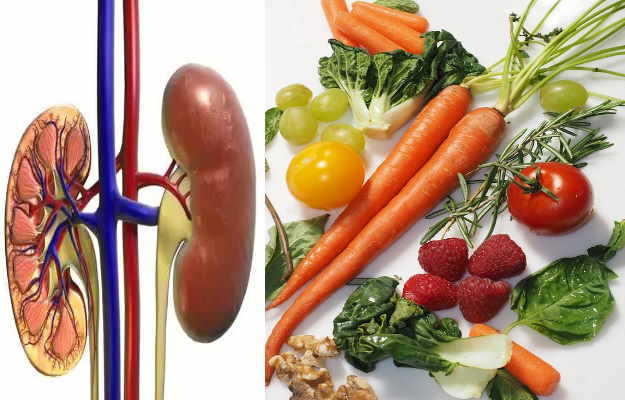
Maintaining Optimal Kidney Health through a Thoughtful Diet
Introduction:
The importance of a kidney-friendly diet cannot be overstated when it comes to preserving kidney health. The right dietary choices play a crucial role in supporting these vital organs and preventing complications. Here, we’ll explore key recommendations to ensure a kidney-friendly diet that contributes to overall well-being.
Understanding Kidney Health:
To begin, it’s essential to understand the role of the kidneys in our bodies. These bean-shaped organs filter waste and excess fluids from the blood, regulate electrolyte balance, and produce hormones that contribute to red blood cell production and blood pressure regulation.
Hydration is Key:
Adequate hydration is fundamental for kidney health. Water helps the kidneys flush out toxins and maintain proper functioning. Dehydration can lead to the formation of kidney stones, which can be painful and harmful. Aim for at least 8 glasses of water per day, and adjust based on individual needs and activity levels.
Balanced Nutrition:
A well-balanced diet is crucial for kidney health. Include a variety of nutrient-dense foods such as fruits, vegetables, whole grains, lean proteins, and healthy fats. Limiting sodium intake is also essential, as high sodium levels can contribute to high blood pressure and kidney damage.
Watch Your Protein Intake:
While protein is important for overall health, excessive consumption can strain the kidneys. Opt for high-quality protein sources such as fish, poultry, and plant-based options like beans and tofu. It’s essential to consult with a healthcare professional to determine the appropriate amount of protein for individual needs.
Limit Phosphorus and Potassium:
Individuals with kidney issues may need to monitor their phosphorus and potassium intake. High levels of these minerals can disrupt the balance in the body, leading to complications. Choose foods low in phosphorus, such as white bread and rice, and limit high-potassium foods like bananas and oranges.
Monitor Blood Sugar Levels:
Diabetes is a leading cause of kidney disease. Monitoring and managing blood sugar levels are crucial for kidney health. A diet that helps regulate blood sugar includes complex carbohydrates, fiber-rich foods, and controlled portions of sugars and refined carbohydrates.
Cautious Use of Supplements:
Certain dietary supplements and herbal products can have adverse effects on kidney health. Always consult with a healthcare professional before taking any supplements, as some may interfere with kidney function or interact with medications.
Link to Kidney-Friendly Diet Recommendations:
For a comprehensive guide on kidney-friendly diet recommendations, including specific meal plans and recipes, check out this Kidney-friendly diet recommendations resource. It provides valuable insights and practical tips to enhance your kidney health journey.
Conclusion:
In conclusion, adopting a kidney-friendly diet is a proactive approach to maintaining optimal kidney health. By making informed food choices, staying hydrated, and monitoring key nutrients, individuals can contribute to the well-being of these vital organs. Remember to consult with healthcare professionals for personalized advice based on individual health needs.




